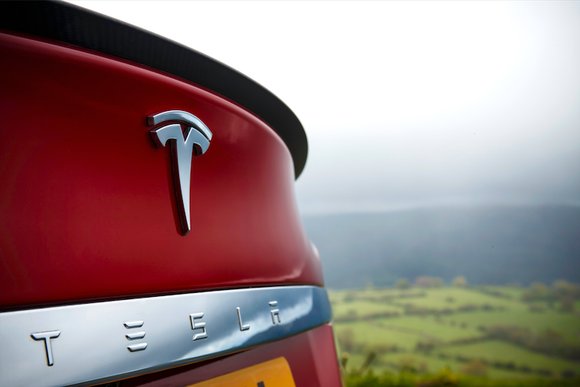This Is Why Tesla Is So Insistent on Selling Direct to Customers

There was some sniping, and if you read between the lines, it felt like the FTC was telegraphing something. But one of the most dramatic moments came when Todd Maron, general counsel for Tesla, explained why this issue is so important for the electric vehicle automaker. You don't often hear representatives from car manufacturers say that, "We need to be the evangelists."
Maron started his presentation this way:
Any discussion of why Tesla sells directly comes back to our mission. Our mission is quite specific. It is to accelerate the world's transition to sustainable transportation. You can say we're true believers and it wouldn't be an unfair characterization. That's our mission because we fervently believe that transitioning to electric vehicles is critical to the health of our planet and simply because we believe that electric vehicles are superior vehicles to their gas-powered counterparts. They're higher-performing, they're more efficient and they're safer than gas-powered cars.
From there, Maron said that since starting a new car company is incredibly difficult (despite many attempts, there hasn't been another successful example in the US in decades), Tesla has not only the standard challenges that other OEMs have, but also ones that revolve around explaining a new technology to the people. You can't expect a dealer to do your evangelism for you, he said.
There are other things that set Tesla apart, he said. To engage with potential buyers, it needs small stores in high-traffic areas, not sprawling dealerships on the outskirts of town with hundreds of cars worth of inventory. And it also doesn't need all that space because Tesla vehicles don't get built until a customer orders one. Then there's the difference in how to make money.
Your average dealership get most of its profit from repairs and service, Maron said, but, "We can't offer that to any franchised dealer, because we only profit in one way: new car sales and new car sales alone. We can't make money from service, because our cars have far less parts than gas-powered cars. There are no regular service visits for engine tune-ups and oil changes. We don't have an engine. We don't have oil." Plus, since Tesla sells its vehicles online, the dealer can't mark up the price of the vehicle. A franchise dealer would look at what Tesla is offering and just scratch his head, Maron said.
And, of course, it all comes back to the company's mission. There's a clear conflict of interest, he said, between what Tesla wants and what dealers want. Tesla believes that gas-powered vehicles "be replaced entirely" by electric vehicles. "Even if you wanted to outsource the responsibility of communicating this message, it would be impossible for traditional dealers to convey this adequately," he said. "This isn't a knock on them. Dealers are not fundamentally convinced of the mission of EVs as we are. They make 99 percent of their revenue off gas-powered cars." And then, of course, he took a swing at GM.
Related News


